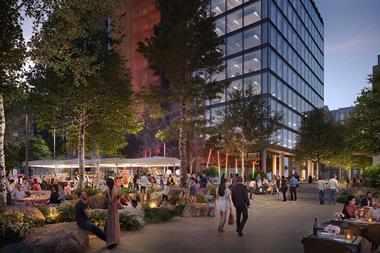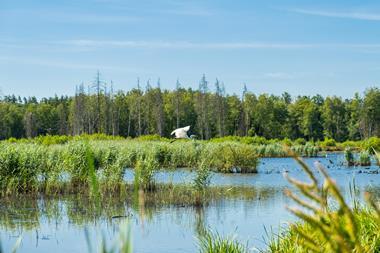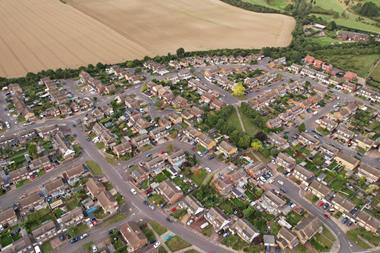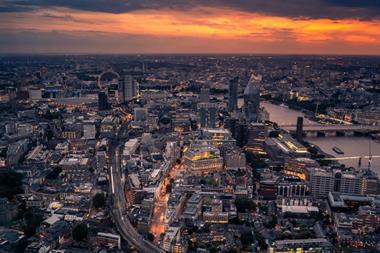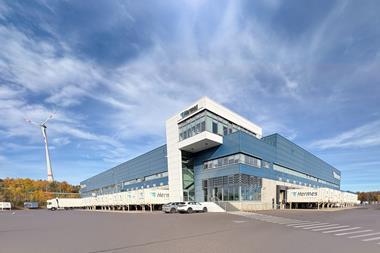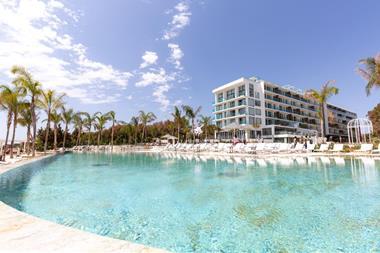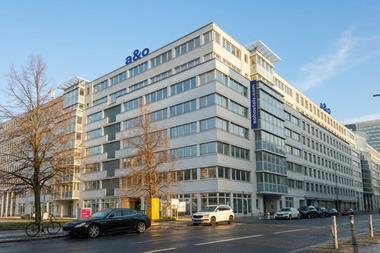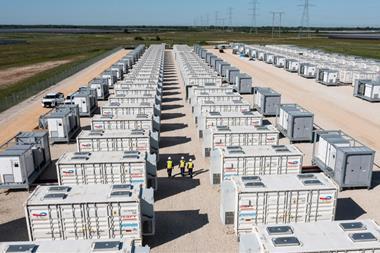The UK’s retrospective cladding legislation creates a higher sovereign risk environment, Lendlease’s global CEO Tony Lombardo said after the company took a A$200m hit for remediation works.
Announcing the Sydney-based firm’s first-half results, Lombardo said the provision had impacted the company’s half-year results. Lendlease reported an after-tax loss of A$141m for the six months ending 31 December 2022.
Lombardo said: “It is not great when governments put in retrospective legislation – because it impacts the outlook for that market.” Such legislation created the perception of a higher “sovereign risk” to operate in that environment, he said.
“Like everything else, we’ll assess all our markets because we have to look at the best place to deploy capital with a level of certainty,” he said. “Government is factored into that decision, along with geopolitics.”
Asked if Lendlease would reassess investing in the UK, he said: “The outlook is still good, but what I would say is that, when we bring in investors to the UK, an investor may want a bit more return for the risk they see in the marketplace.”
The UK government is now requiring Lendlease to sign a contract committing to remediate affected residential buildings, or to face significant trading restrictions in the UK property market, he said. “The liability primarily relates to buildings developed by Crosby entities, acquired by Lendlease in 2005.”
Under what is known as the Defective Premises Act, the UK government has moved to extend the period of claims from six to 30 years for residential buildings. The new law also covers changes to building safety regulations of completed blocks.
“The legislation puts the responsibility to the whole developer universe, who are either locals or foreigners,” said Lombardo.
The A$200m put aside by Lendlease was a gross provision. With recovery from either third parties or insurance, the cost of liabilities could come down, Lombardo said.
In contrast to the UK, Lombardo said, governments in Australia worked with developers in a systematic fashion to address defects in buildings.
He said Lendlease has been involved with a small number of remediation works in Australia involving cladding in residential towers, in the last decade, and had worked with governments from a more forward-looking perspective, including amending future building codes.
To read the latest edition of the latest IPE Real Assets magazine click here.





